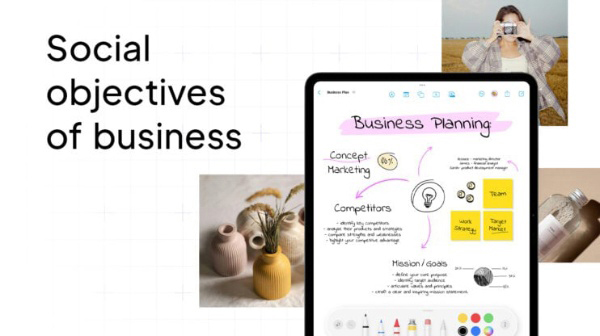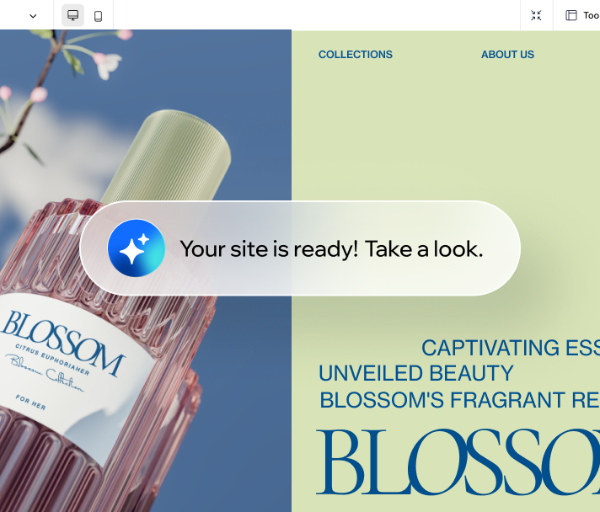Free Website Creator Software Challenges
Free Website Creator Software in 3 Steps
Free Website Creator Software
Web designers play a crucial role in the creation and development of websites across the internet. They are responsible for designing the layout, graphics, and overall look of a website while also ensuring that it is user-friendly and functional. With the ever-growing importance of having a strong online presence, the demand for skilled web designers continues to rise.

Free Website Creator Software Checklist
Free Website Creator Software
What is a web hosting provider?
A web hosting provider is a company that offers the technology and services needed for a website to be accessible on the internet. When you sign up for web hosting services, the provider allocates space on a server for your website’s files and ensures that your website is up and running smoothly 24/7.
Why is choosing the right web hosting provider important?
Selecting the right web hosting provider is essential for the success of your website for several reasons:
1. Reliability: A reliable web hosting provider ensures that your website is always accessible to users. Downtime can have a negative impact on your website’s traffic and reputation, so it is crucial to choose a provider with a high uptime guarantee.
2. Speed: The speed at which your website loads can affect user experience and search engine rankings. A good web hosting provider will offer fast server speeds and optimal performance for your website.
3. Customer support: Having reliable customer support is crucial in case you encounter technical issues or need assistance with your website. A good web hosting provider should offer 24/7 customer support to address any problems quickly.
4. Security: Ensuring the security of your website and customer data is paramount. A reputable web hosting provider will offer robust security features such as SSL certificates, firewalls, and regular backups to protect your website from cyber threats.
What factors should you consider when choosing a web hosting provider?
When selecting a web hosting provider, there are several key factors to consider to ensure that you are making the right choice for your website:
1. Types of hosting: There are various types of hosting services available, including shared hosting, VPS hosting, dedicated hosting, and cloud hosting. Choose a hosting type that aligns with your website’s needs and traffic volume.
2. Uptime guarantee: Look for a web hosting provider that offers a high uptime guarantee to ensure that your website is always accessible to users. A 99.9% uptime guarantee is considered industry standard.
3. Server speed: The speed at which your website loads can impact user experience and search engine rankings. Choose a web hosting provider with fast server speeds to ensure optimal performance for your website.
4. Customer support: Having reliable customer support is crucial in case you encounter technical issues or need assistance with your website. Look for a web hosting provider that offers 24/7 customer support via phone, email, or live chat.
5. Security features: Ensure that the web hosting provider offers robust security features such as SSL certificates, firewalls, and regular backups to protect your website from cyber threats.
6. Scalability: Consider whether the web hosting provider offers scalability options in case your website grows and requires additional resources in the future.
7. Pricing: Compare pricing plans and features offered by different web hosting providers to find the best value for your budget. Look for hidden fees and consider any additional costs for domain registration, SSL certificates, or data backups.
A web designer’s primary goal is to create a visually appealing website that engages users and encourages them to explore further. This involves using a combination of technical skills and creativity to design a layout that is both aesthetically pleasing and easy to navigate. Web designers must also have a good understanding of user experience (UX) design principles to ensure that the website is intuitive and user-friendly.
In addition to creating the overall design of a website, web designers are also responsible for implementing various features and functionalities. This includes integrating multimedia elements such as images, videos, and animations, as well as creating interactive elements like buttons, forms, and drop-down menus. Web designers may also be responsible for optimizing the website for search engines (SEO) to help improve its visibility and ranking in search results.
To be successful as a web designer, one must possess a strong foundation in graphic design principles, as well as a good understanding of web development technologies such as HTML, CSS, and JavaScript. These skills are essential for creating visually appealing and responsive websites that work seamlessly across different devices and browsers.
Web designers often work closely with clients or project managers to understand their requirements and objectives for the website. This involves conducting research, brainstorming ideas, and creating mock-ups or wireframes to present to the client for review and feedback. Once the design is approved, web designers then proceed to code and develop the website using various programming languages and tools.
There are many different types of web designers, each with their own area of expertise. For example, graphic designers specialize in creating visual elements such as logos, icons, and illustrations, while user interface (UI) designers focus on designing the layout and overall look and feel of a website. User experience (UX) designers, on the other hand, are more concerned with how users interact with the website and how to improve their overall experience.
The role of a web designer can vary depending on the size and scope of the project. For small businesses or individuals looking to create a simple website, a web designer may be responsible for all aspects of the design and development process. However, for larger, more complex projects, web designers may work as part of a team alongside web developers, content creators, and digital marketers to bring the website to life.
In addition to technical skills, successful web designers also possess strong communication and problem-solving abilities. They must be able to effectively communicate their ideas and collaborate with others to bring a project to completion. Web designers must also be able to adapt to changes and solve problems quickly and efficiently, as technology and design trends are constantly evolving.

How to Free Website Creator Software
Free Website Creator Software
In conclusion, building recipes on your website is a fun and rewarding way to share your passion for cooking and baking with others. By starting with a unique concept, experimenting with different ingredients and flavors, considering dietary restrictions and preferences, providing detailed instructions and tips, testing your recipes, and engaging with your audience, you can create enticing and memorable dishes that will attract visitors to your website and keep them coming back for more. Happy cooking!


